“I do not enjoy speaking to you this bluntly when you have been gracious enough to invite me here…” – Bill Gates.
Mr. Bill Gates, Microsoft founder, friend of Nigeria and one of the richest men in the world was in Nigeria recently, but he ended up violating the official interpretation of “table manners” in Nigeria’s corridors of power. When you are a guest in people’s home, you don’t count their nine toes one by one. It is an essential part of African tradition and culture that when people host you in their homes, treat you with courtesy, open their doors to you, even if the dinner they serve you is the worst you have ever had, you are still required to say nice words. Mr Gates’ recent visit to Nigeria was like a special treat.
He had a special audience with the President. He was also a special guest at one of the most memorable weddings on the Nigerian social calendar: the wedding of Alhaji Aliko Dangote’s daughter to the son of a former Inspector General of Police, IGP Mohammed Abubakar – from Kano to Abuja, to Lagos. Mr. Gates was also invited as a Special Guest to the meeting of Nigeria’s National Economic Council, and was given the opportunity to make a speech and he simply proceeded to tell Nigerian leaders that they are not doing enough to help their people. This was a collection of Nigeria’s biggest men, the same guys who currently call the shots- so powerful they can demolish anybody’s house, lock anybody up and classify any critical statement as “hate speech.” In fact, one of these big men didn’t waste time in reminding Bill Gates of expected “table manners”.
The only problem is that Bill Gates chose to determine his own table manners. He did not come to Nigeria to “eat”. He is not a contractor; he is not looking for an oil bloc, and he obviously has no plans to take a Nigerian wife. He was in a manner of speaking, putting his mouth where his money is. “I have been coming here regularly since 2006”, Gates told his audience. He defined his bona fide further: The Bill and Melinda Gates Foundation has spent about $1.6 billion in Nigeria’s health sector trying to make the lives of Nigerians better – that’s more than 500 billion Naira and that’s Mr. Gates’ hard-earned money. His words: “…With the money I’d been lucky enough to earn at Microsoft, we started working toward a different goal: a healthy and productive life for everyone. That’s why I come to Nigeria, and that’s why Melinda and I will continue coming for as long as we are able. Our foundation’s biggest office in Africa is here. We have committed over $1.6 billion in Nigeria so far, and we plan to increase our commitment. We have strong relationships with the federal government, state governments, businesses, NGOs, and civil society organisations. We are eager to support you as you work to make Nigeria a global economic powerhouse that provides opportunity for all its citizens—as you strive to fulfil this country’s immense promise.”
Mr.. Gates’ speech was not just about “immense promise; it was also about the seeming reluctance of the Nigerian state to confront the hard facts and avoid the risks of failing to commit fully to the development of human capital in Nigeria. He took one good look at the Nigerian government’s “Economic Recovery and Growth Plan” and dismissed it on the grounds that it does little to develop human capital. He also believes that a lot more can be done to develop the health, agriculture and education sectors. I find the following particularly instructive: “This is the scenario we all want: Nigeria thrives because every Nigerian is able to thrive.” Gates didn’t talk about “some Nigerians” but “every Nigerian” – a country that is committed to the common good for the happiness of all. There is nothing strange or earth-shaking in what Mr. Gates has said. Nigerians say very much the same things every day on television, in seminars and workshops, and other fora. But the Bill Gates voice carries a strong and special resonance.
While it may difficult to transform Nigeria overnight, given the extent of the rot, the decline is worse because something has gone wrong with the nexus between leadership, democracy and public opinion in Nigeria. Those in the corridors of power, perhaps because of the triumph of politics over rationality, have resolved to filter everything through the lens of partisanship – religious, ethnic and political. Every critical opinion is dismissed as the opinion of “a wailing wailer” – not Bob Marley’s “Wailing Wailers” – no certainly not in that sense. The Nigerian “wailing wailer” is dismissed as a frustrated person, an irritant, claiming to know how best Nigeria should be run, because his or her party, Godfathers, kinsmen, associates or members of the same religious faith are no longer in power. Every contrary opinion is therefore dismissed as procured; every contribution is rejected except it comes as perfumed eulogy.
Mr Gates cannot be accused of ethnic bias, or religious or political partisanship. He would also feel insulted if he were to hear that some Nigerians have been saying that he is probably echoing the thoughts of some Nigerians, acting as their spokesperson. But “a wailing wailer”? May be yes. Among many Nigerians, the label “wailing wailer” has since been adopted as a badge of honour. There is even a twitter account – @WailersNG and an online newspaper that has since adopted the label as title and identity. The “wailing” citizens of Nigeria are, like Mr. Gates, frustrated with what Nigeria has become in the light of what it is capable of becoming, and the opportunities that have been missed. The people have expected change in their circumstances for so long, but change is so long in coming. Even when the change that the people were promised in 2015 has turned out to be a myth, they are like Mr. Gates still asking for change – real change. Nigerians like other human beings just want to be happy. They want a country that works. They want exactly all those basic things of life that Mr. Gates outlined in his speech: they want their needs to be addressed; they want their potentials to grow.
Mr Gates’ place in Nigeria is tied to his efforts in the health sector, to help the Nigerian people through their governments and other institutions to fulfil these expectations. And to that end, he has committed $1.6 billion from 2006 to date. To be sure, his speech is not quite a criticism of the Buhari administration. He may have cited the Buhari government’s Economic Recovery and Growth Plan (ERGP), but I think, in a sense, he may just have felt the same way about the Obasanjo government, the Yar’Adua eight-point agenda, the Goodluck Jonathan Transformation Agenda, and the efforts of the various state governments he has had cause to work with. He has offered us an informed commentary on the Nigerian state since 2006 as he has seen it. His speech is a comment on the leadership elite in Nigeria – he calls them out on the duty they owe their people and the need to do more in terms of policy thrust and execution. The speech is not about APC or PDP, APGA or SDP or 2019 – I don’t think he gives a damn about that – he is more concerned about the people and how this great country can fulfil its potential. I don’t even get the sense that he is attacking the Federal Government; he is in fact advising the Nigerian government at all levels and the leadership elite in every sector.
But there is a whiff of frustration and disappointment in that intervention. Having addressed the expanded National Economic Council and seeing how his statement was brusquely dismissed, Mr. Gates has since gone to CNN, to restate his position, just in case his original audience was hard of hearing: “As a partner in Nigeria, I am saying the current plan is inadequate. Nigeria has all these young people and the current quality and quantity of investment in these young generations: in health and education just isn’t good enough. So, I was very direct. If they can get health and education right, they will be an engine of growth not just for themselves but for all of Africa.”
What Mr. Gates says is perhaps as important as things he has left unspoken. He is an outsider, looking in, offering dispassionate advice. But as “a partner,” he probably knows Nigeria more than many of us claim to do. We have heard you, Mr Gates; definitely $1.6 billion is a lot of money. When Mr. Gates takes the newspapers and he reads that in Nigeria, rats have invaded the Nigerian President’s office, even if he considers this a tad bit bizarre, he is likely to wonder what impact the Gates Foundation’s investment in Nigeria’s health sector has been able to make. Don’t they realize health is important, if rats can invade their President’s office, what will be the fate of the ordinary Nigerians we are trying to help?
Mr Gates also obviously knows that corruption is a big problem in Nigeria as it is in other parts of the world, but when he reads or gets to hear that Nigerians have since added a new dimension to the art of corruption: pythons now swallowing millions of money, he cannot be blamed for wondering how much of his $1.6 billion may have been swallowed by rats and snakes, and whether indeed that explains why not much progress has been made. Over the years, in the course of visiting Nigeria, Mr. Gates must have observed the opulent lifestyle of Nigerian leaders. He probably has visited one or two private homes, or government houses, to see car garages full of exotic vehicles, some of them useful only for display, and he would surely wonder why anyone should live so conspicuously when Nigerian children are suffering from malnutrition, over 10 million of them are out of school and the ones that have had the benefit of education have no competitive skills. He must also, I believe, have held discussions with some of our highly placed persons, and be shocked by the inability of many of them to keep a long attention span on serious subjects or have an intelligent conversation.
In the world of the internet, he must have read or heard about the shocking wealth of some Nigerians, and wonder why these same Nigerians cannot join him, an outsider, to invest in human capital in Nigeria and Africa. He knows Aliko Dangote who is supporting philanthropic causes and touching lives. He probably also knows Tony Elumelu who is promoting Afro-optimism and developing entrepreneurship in 33 countries across Africa. But he probably has seen many more privileged Nigerians who can make a difference but who do not seem to care. He may have in fact attended one or two Nigerian “owambe” parties: he would have been shocked at the elaborate dressing of Nigerian women: the rich ones among them looking like they are decked in a million dollars per party, from “N40 million hair attachments” to designer make-up, shoes, jewelry, handbag and a haughty attitude on top. He must be similarly intrigued by our flowing agbada and babariga, and neck-beads and golden walking sticks, and the lavish parties we throw, in a country where the poor can barely feed or pay hospital bills. Hence: “Nigeria is one of the most dangerous places in the world to give birth…”, he announced.
Bill Gates’s core message is that Nigeria must get its priorities right, and make governance more people-oriented. If Nigeria must grow its potential and make its people happy, Nigerian leaders must develop a sustainable plan for progress, do more for their people and encourage youth development, promote transparency and accountability and reduce alienation. That certainly is not “hate speech.” It is so simple; it shouldn’t be too difficult to understand. We should listen, lest Mr. Gates finds a more deserving environment and turns his back on Nigeria.











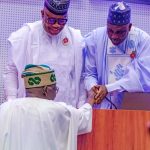


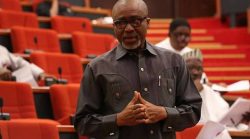
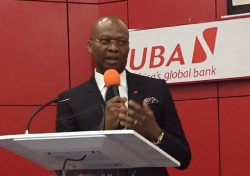




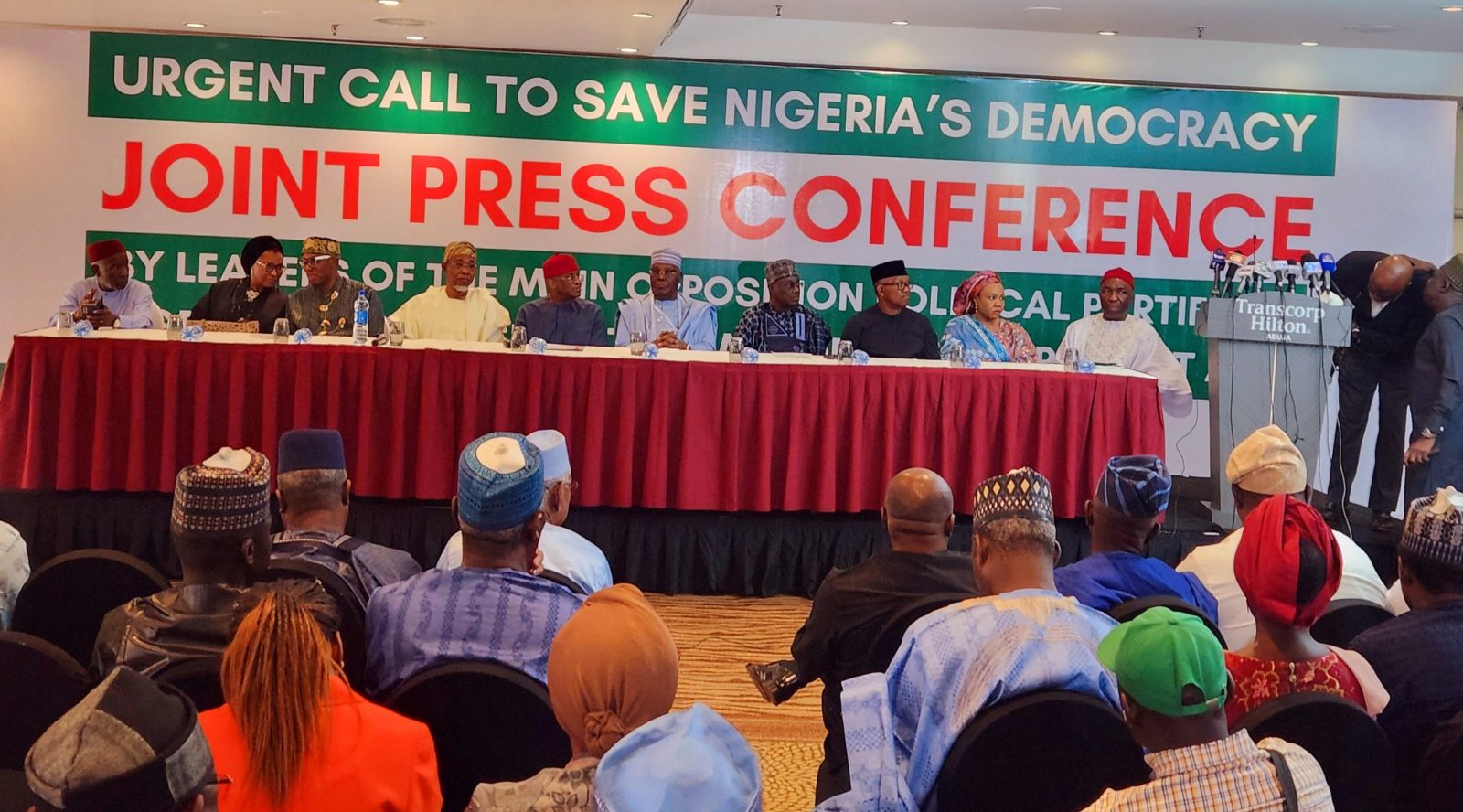
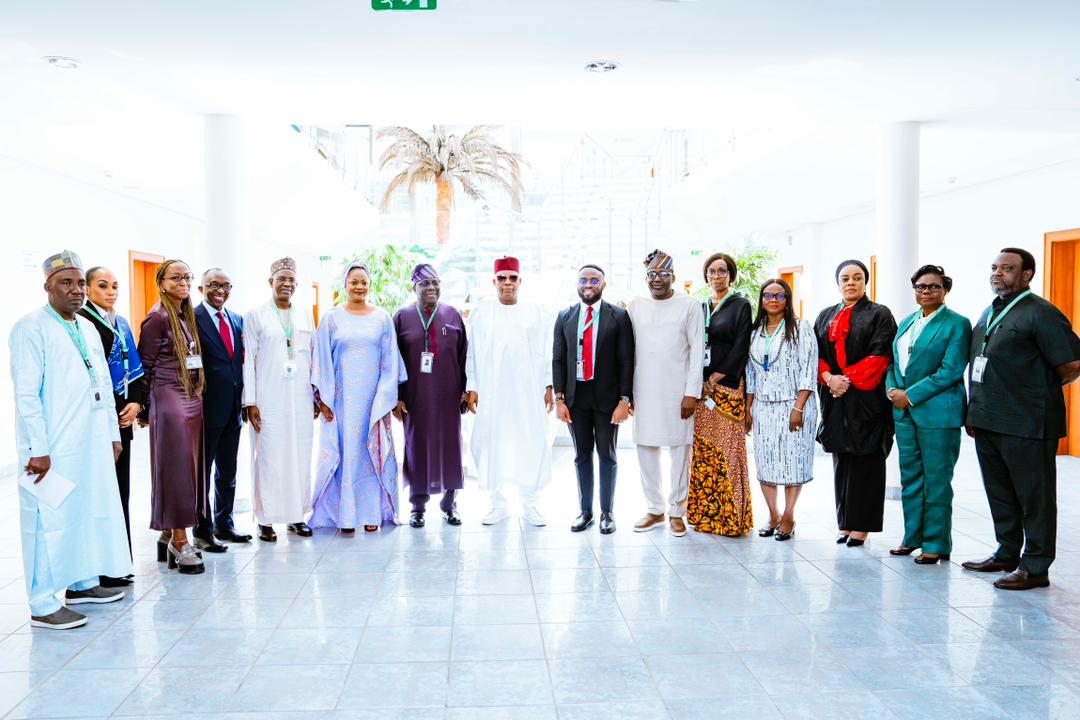
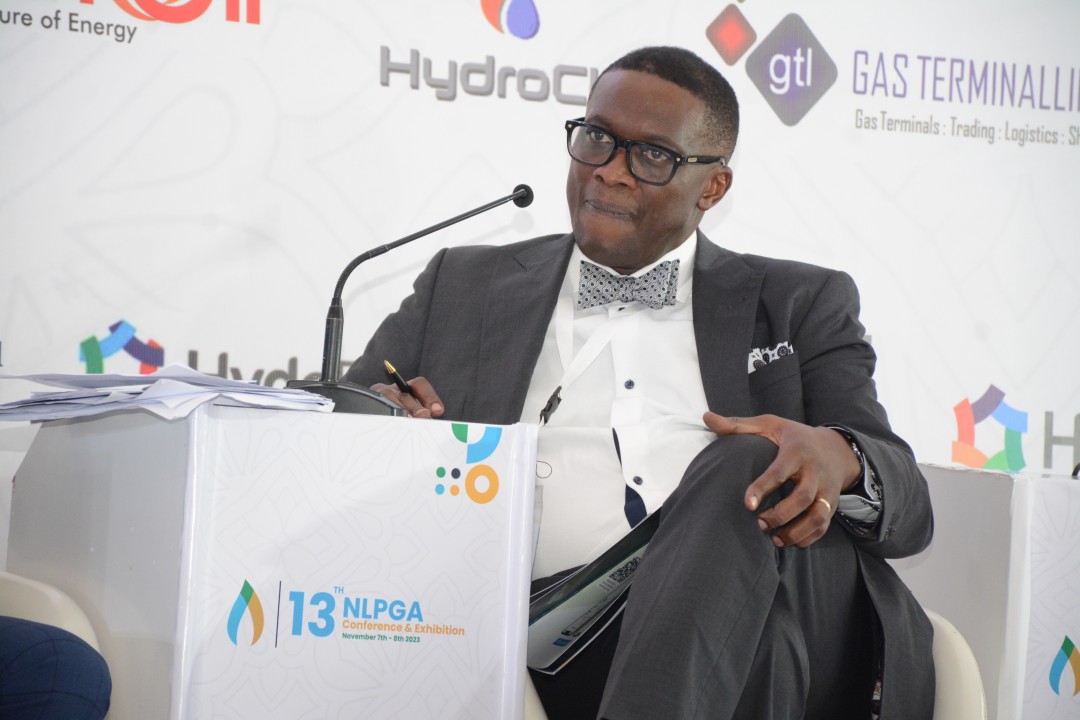
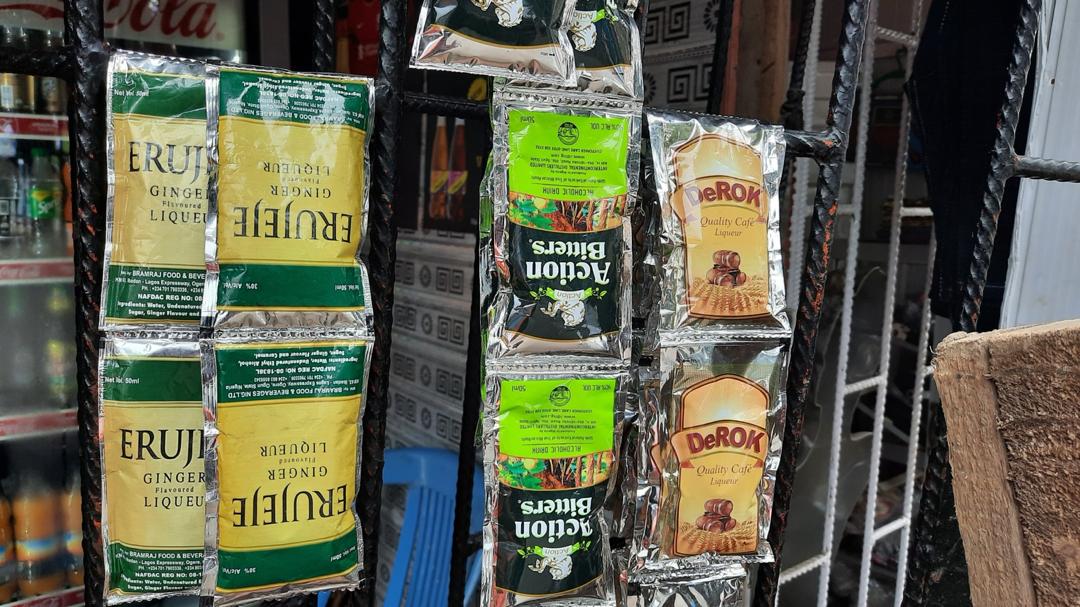
Leave a comment